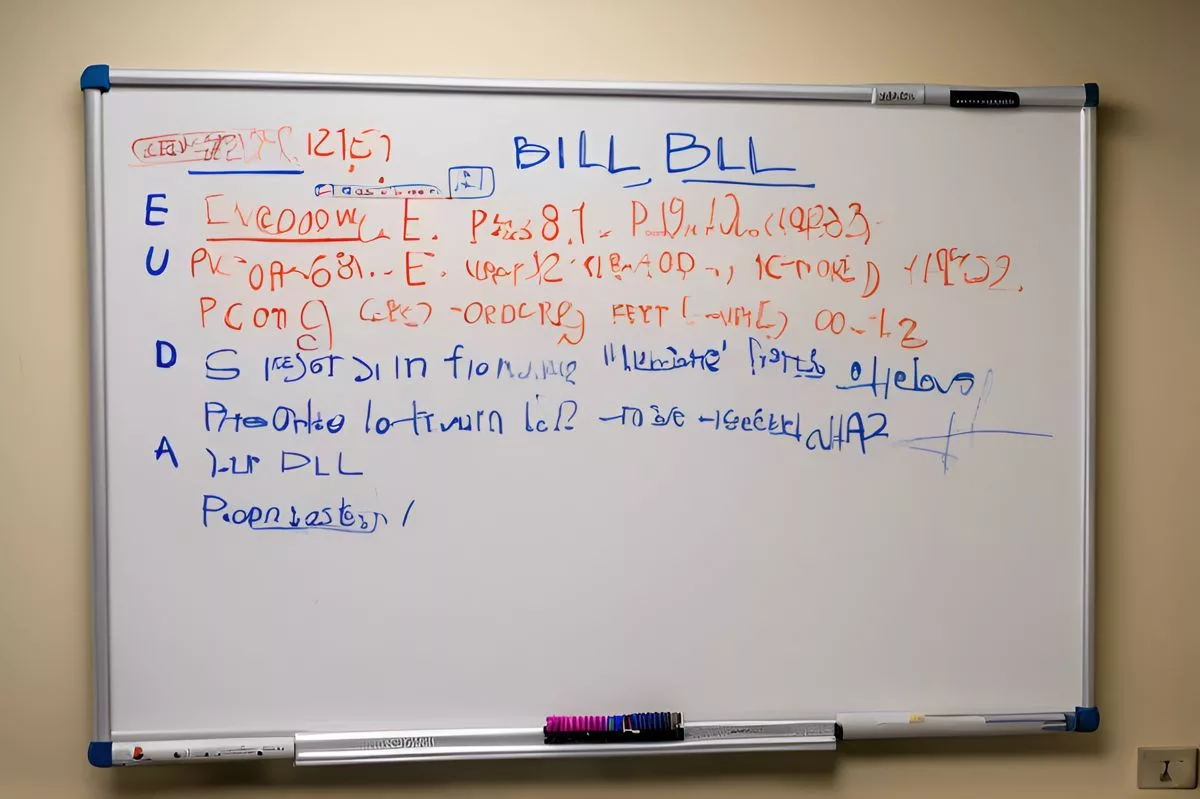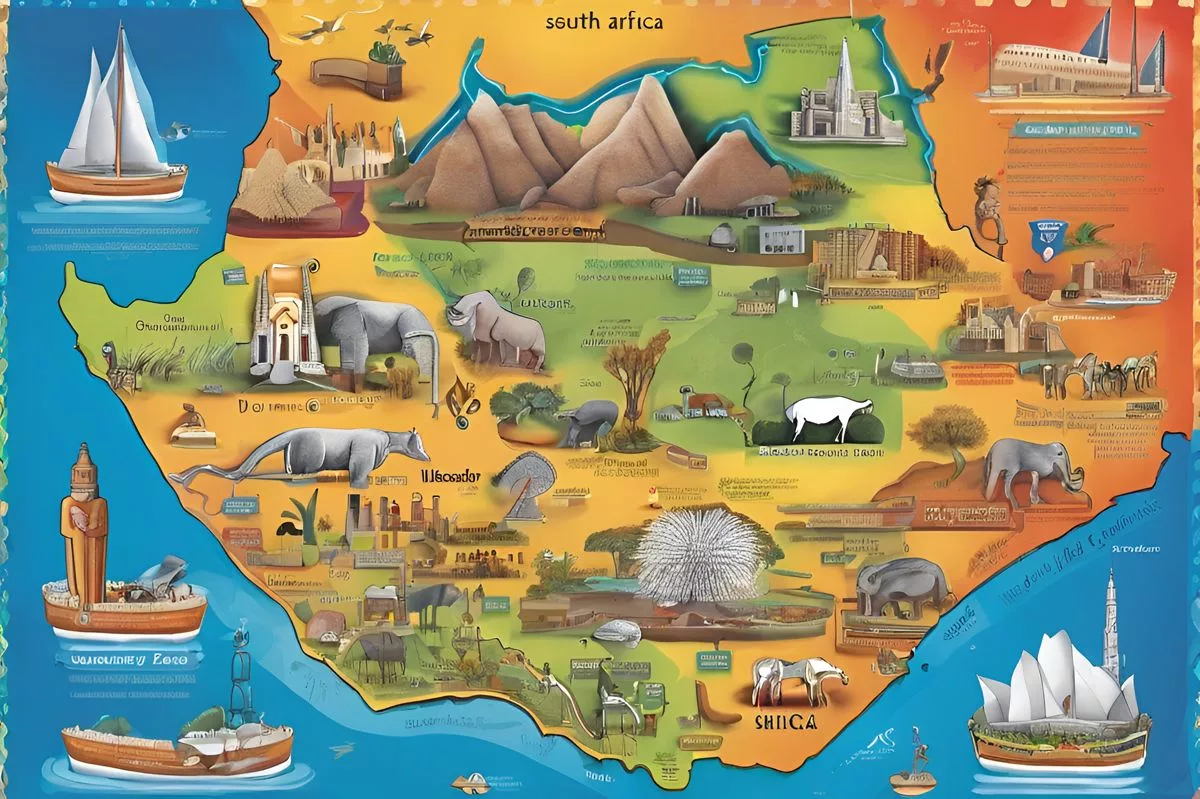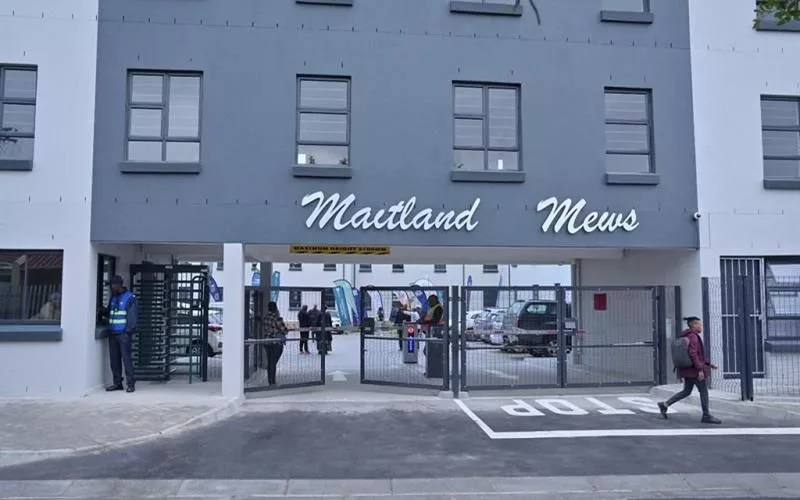South Africa is holding public hearings on the Electricity Regulations Amendment (ERA) Bill, in a move that promotes transparency and inclusiveness in the country’s decision-making process regarding energy legislation. The hearings, held in select districts, will encourage a wide variety of perspectives and uphold democratic principles. The ERA Bill proposes changes to the Electricity Regulation Act, including the creation of the Transmission System Operator SOC Ltd and an open-market platform for competitive electricity trading, potentially enhancing efficiency and dependability while also lowering consumer costs. The initiative represents an excellent example of inclusive and participatory governance in action, emphasizing the nation’s dedication to public involvement and transparency.
The Announcement and Significance of the Hearings
The Portfolio Committee on Mineral Resources and Energy in South Africa will conduct public hearings on the Electricity Regulations Amendment (ERA) Bill, B13-2023. This represents a notable progression in the democratic process of altering legislative measures within the energy field in South Africa, offering a unique chance to promote transparency and inclusiveness in the decision-making process, potentially bolstering the validity and effectiveness of the ensuing legislation.
The Announcement and Significance of the Hearings
The Portfolio Committee on Mineral Resources and Energy in South Africa has unveiled plans to conduct a series of public hearings on the Electricity Regulations Amendment (ERA) Bill [B13-2023]. The scheduled commencement date is January 26, 2024, and the hearings will occur in the Free State and North West provinces. This initiative represents a notable progression in the democratic process of altering legislative measures within the energy field in South Africa.
The selection of various districts, including Thabo Mofutsanyane, Lejweleputswa in the Free State, and the Ngaka Modiri Molema District in the North West, was done intentionally to encourage a wide array of perspectives. In doing so, the hearings effectively uphold the country’s democratic principles.
The initial hearing is set to take place at the Bohlokong New Hall in Bethlehem on the 26th, succeeded by the Ferdy Meyer Hall in Welkom on the 27th. The series will wrap up at the Zeerust Town Hall in Zeerust, North West, on the 29th. Each hearing will proceed from 10:00 to 14:00, allowing public engagement in the legislative proceedings.
Constitutional Compliance and Media Involvement
The planned hearings align with stipulations found under section 59(1)(a) of the South African Constitution. This section requires the National Assembly to ensure public involvement in legislative processes. As such, the media has been extended an open invitation to attend these hearings and provide coverage, in line with the constitutional directive.
The pivotal subject of these hearings, the ERA Bill, proposes changes to the Electricity Regulation Act. These changes are primarily intended to improve the administration of the Act, establish the Transmission System Operator SOC Ltd, and set up an open-market platform for competitive electricity trading.
The ERA Bill and South Africa’s Energy Struggles
As South Africa faces persistent energy issues, the ERA Bill represents an ambitious venture to tweak the regulation framework overseeing the electricity sector. The creation of the Transmission System Operator SOC Ltd under the Bill will potentially separate the transmission aspect of the electricity supply industry, possibly enhancing the efficiency and dependability of the supply of electricity.
In conjunction, the introduction of an open-market platform indicates a significant drift towards competitive electricity trading. This shift could potentially stimulate competitiveness and innovation in the sector, contributing to better service delivery and potentially cheaper electricity costs for consumers.
Public Participation and Democratic Governance
The public hearings on the ERA Bill provide a stage for stakeholders, from energy specialists to average citizens, to play a role in outlining South Africa’s energy future. This integration of public opinions into legislative changes epitomizes democratic governance, emphasizing the significance of these hearings.
The initiative of the Portfolio Committee on Mineral Resources and Energy to undertake public hearings is not only a constitutional obligation but also an affirmation of the democratic principles that shape South Africa’s legislative domain. Moreover, it offers a unique chance to promote transparency and inclusiveness in the decision-making process, potentially bolstering the validity and effectiveness of the ensuing legislation.
While the exact impacts of the amendments under the ERA Bill will only be evident over time, the process of its creation offers substantial insights into the workings of South Africa’s democracy. It demonstrates the nation’s dedication to public involvement, transparency, and thorough discussion in formulating legislations that influence its economic and societal structure extensively.
The public hearing initiative of the Portfolio Committee on Mineral Resources and Energy on the ERA Bill serves as an excellent example of inclusive and participatory governance in action. This process is set to provide invaluable contributions to the evolution of South Africa’s energy sector, helping to shape a future that is driven by public agreement and grounded in democratic values.
What is the ERA Bill?
The Electricity Regulations Amendment (ERA) Bill proposes changes to the Electricity Regulation Act, including the creation of the Transmission System Operator SOC Ltd and an open-market platform for competitive electricity trading.
Why are public hearings being held on the ERA Bill?
The public hearings on the ERA Bill are being held to promote transparency and inclusiveness in the decision-making process regarding energy legislation in South Africa. These hearings will encourage a wide variety of perspectives and uphold democratic principles.
Where will the public hearings on the ERA Bill be held?
The public hearings on the ERA Bill will be held in select districts, including Thabo Mofutsanyane, Lejweleputswa in the Free State, and the Ngaka Modiri Molema District in the North West of South Africa.
When will the public hearings on the ERA Bill be held?
The public hearings on the ERA Bill are set to commence on January 26, 2024, and conclude on January 29, 2024. Each hearing will proceed from 10:00 to 14:00.
What is the significance of the public hearings on the ERA Bill?
The public hearings on the ERA Bill represent an excellent example of inclusive and participatory governance in action, emphasizing the nation’s dedication to public involvement and transparency. These hearings offer a unique chance to promote transparency and inclusiveness in the decision-making process, potentially bolstering the validity and effectiveness of the ensuing legislation.
What role do the public have in the legislative process of the ERA Bill?
The public hearings on the ERA Bill provide a stage for stakeholders, from energy specialists to average citizens, to play a role in outlining South Africa’s energy future. This integration of public opinions into legislative changes epitomizes democratic governance, emphasizing the significance of these hearings.












